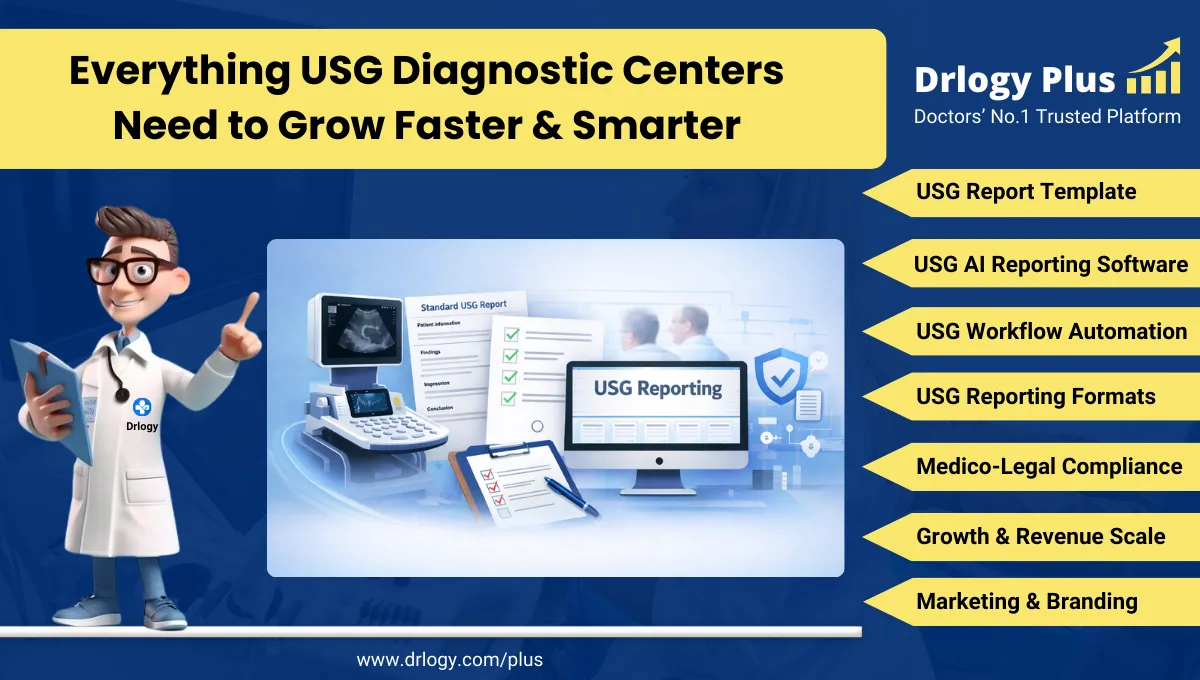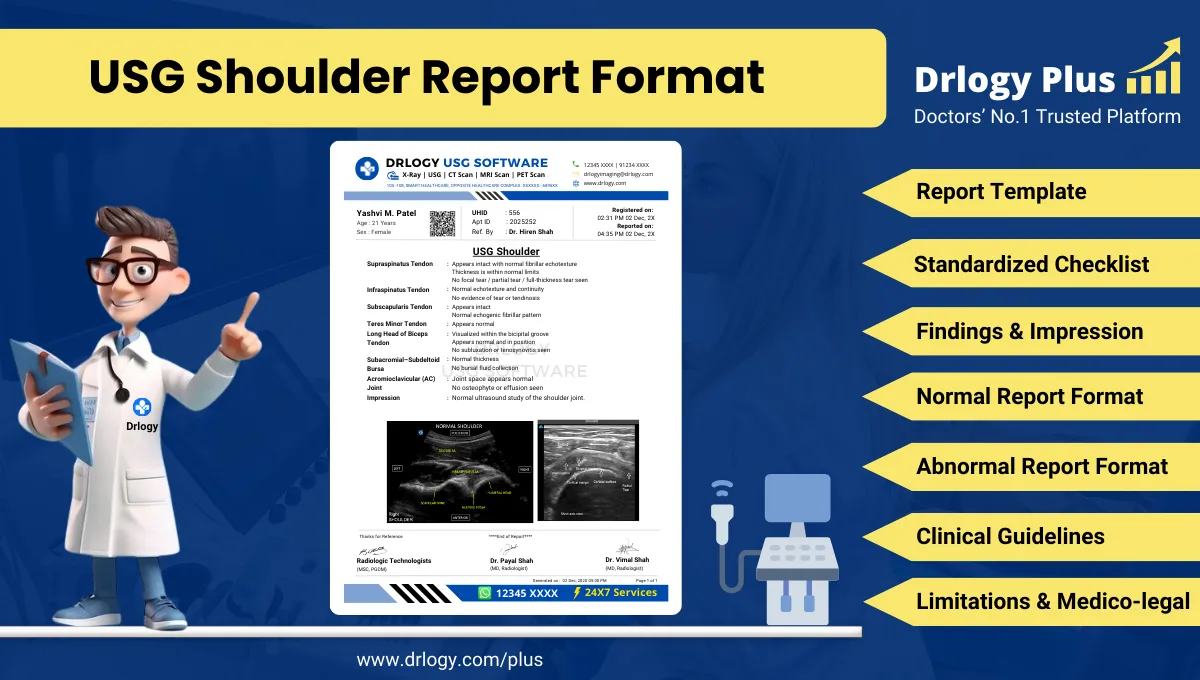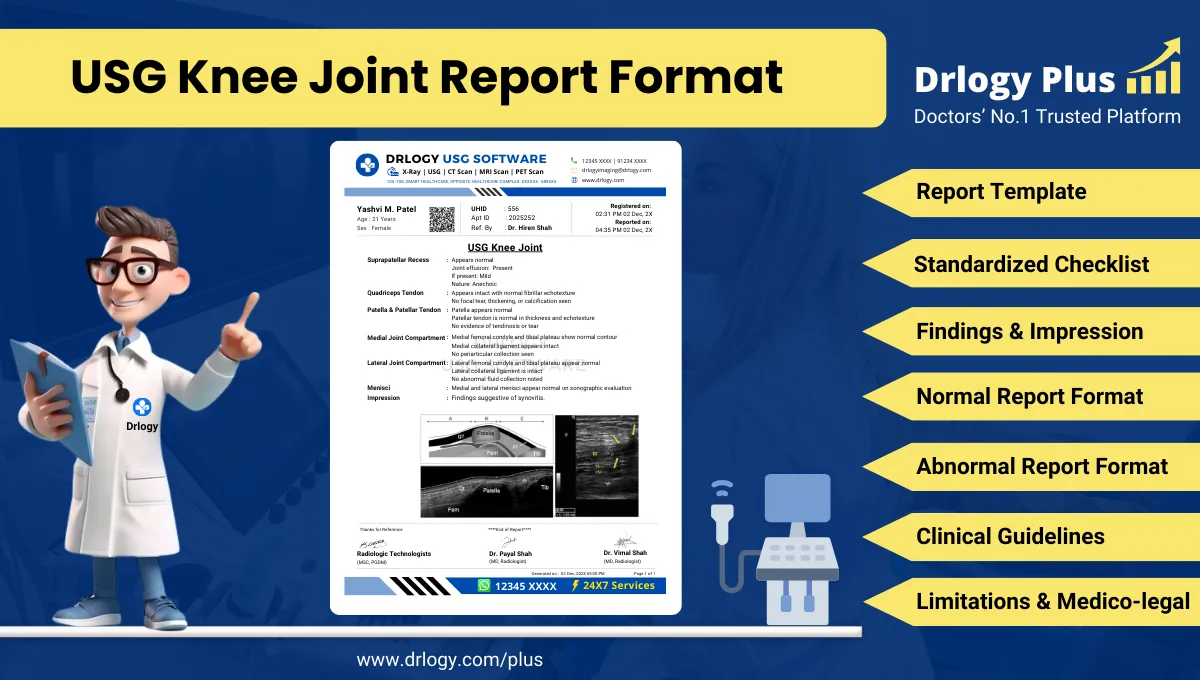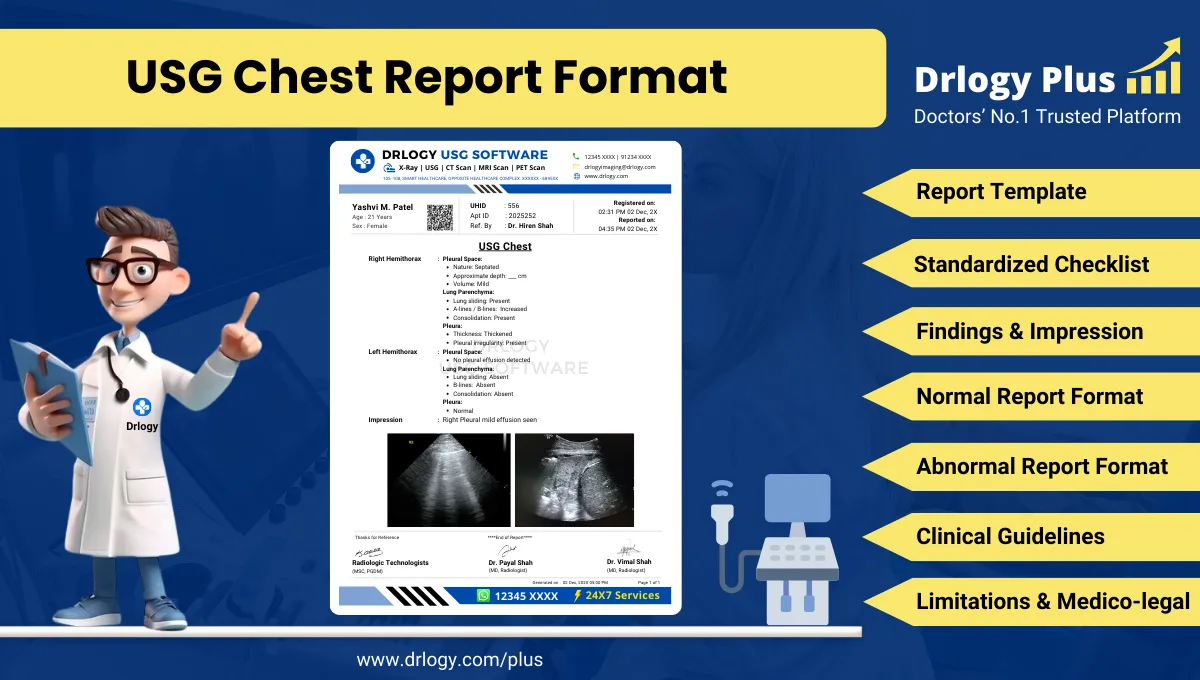

Drlogy
Healthcare organization
10 Referral Marketing Strategies to Grow Your Hospital’s Patient Base
Referral marketing is a powerful strategy that leverages word-of-mouth recommendations from existing patients, doctors, and healthcare professionals to expand a hospital’s patient base.
Check:
By creating a strong referral program, hospitals can encourage positive word-of-mouth, build trust, and increase patient acquisition.
10 Referral Marketing Strategies For Hospital Patient Growth
Here are 10 Referral Marketing Strategies For Hospital Patient Growth.
1. Incentivize Patient Referrals
- Referral Rewards: Offer rewards such as gift cards, discounts on future services, or small tokens of appreciation to patients who refer others to your hospital.
- Referral Programs: Set up a structured referral program that makes it easy for patients to refer friends or family. Ensure the process is seamless and clear.
- Offer Free Services: Provide complimentary services like free checkups or consultations as incentives for successful referrals.
- Referral Tracking System: Implement a system to track referred patients and reward the referring individuals, ensuring transparency and fairness.
- Referral Limitations: Set reasonable limits to avoid overuse of the referral rewards, ensuring the program remains sustainable.
Incentivizing referrals encourages your existing patients to spread the word about your hospital, leading to higher patient growth.
2. Leverage Doctor and Healthcare Professional Referrals
- Build Strong Relationships: Foster relationships with local doctors, specialists, and healthcare providers to encourage them to refer patients to your hospital.
- Co-Branding Opportunities: Offer co-branded materials (like pamphlets or business cards) that doctors can share with patients, making it easy to refer.
- Referral Bonuses: Offer healthcare professionals a referral fee or incentives for recommending your hospital’s services to their patients.
- Regular Communication: Keep your referring doctors updated about the care provided to their patients, enhancing trust and future referrals.
- Exclusive Services: Offer special services or priority appointments to patients referred by doctors to show appreciation for their trust.
Building strong relationships with doctors can significantly increase the volume of patient referrals to your hospital.
3. Encourage Patient Testimonials and Reviews
- Online Reviews: Encourage satisfied patients to leave reviews on platforms like Google, Yelp, and health-specific websites.
- Social Media Shout-outs: Ask happy patients to share their positive experiences on social media and tag your hospital, offering potential rewards for doing so.
- Video Testimonials: Record video testimonials from patients who have had positive experiences at your hospital, showcasing real-life stories.
- Patient Referral Cards: Give patients physical referral cards that they can distribute to friends or family, making the referral process more tangible.
- Promote Referrals via Newsletters: Include referral requests and patient testimonials in your hospital's newsletters, both online and offline.
Patient testimonials and reviews build trust and can motivate others to seek care at your hospital, driving referral growth.
4. Create a Referral Program for Hospital Employees
- Employee Incentives: Offer your hospital staff incentives for referring new patients, such as bonuses or recognition awards.
- Internal Training: Train your staff to explain the referral program to patients and encourage them to refer friends and family.
- Employee Referral Competitions: Set up referral competitions within your hospital, where employees can compete for the highest number of patient referrals.
- Recognition: Publicly recognize staff who bring in the most referrals, fostering a sense of pride and motivation.
- Clear Communication: Ensure employees are aware of the referral process and the rewards they can earn through patient referrals.
Involving your hospital staff in the referral program creates internal buy-in and increases overall patient referrals.
5. Host Referral Events and Open Houses
- Referral Events: Host special events for existing patients where they can bring a friend or family member for free consultations or screenings.
- Community Open Houses: Organize open houses where local residents can visit your hospital, learn about services, and be encouraged to refer others.
- Special Health Camps: Set up health camps or free diagnostic camps in collaboration with local doctors, encouraging referrals through free services.
- Exclusive Invitations: Send exclusive invitations to your top referrers for special events or private consultations.
- Follow-up After Events: After hosting an event, follow up with attendees to remind them of your referral program and encourage them to refer others.
Hosting referral events provides a platform for patients to introduce friends and family to your hospital while creating engagement.
6. Develop a Strong Community Outreach Program
- Health Education Seminars: Partner with local organizations or schools to offer free health education seminars and encourage attendees to refer others.
- Community Health Drives: Sponsor or participate in local health drives and encourage attendees to refer others to your hospital for follow-up care.
- Collaborate with Local Businesses: Partner with nearby businesses to offer promotions for customers who refer patients to your hospital.
- Charity Involvement: Participate in charity events or health fundraisers and invite your current patients to refer friends and family.
- Sponsor Local Events: Sponsor local events and offer free health checkups or services in exchange for referrals and visibility.
Active community outreach strengthens your hospital’s reputation and encourages local referrals, fostering trust in the community.
7. Leverage Email Marketing for Referral Promotion
- Referral Emails: Send targeted email campaigns encouraging existing patients to refer friends and family in exchange for rewards or incentives.
- Follow-up Emails: After patients visit your hospital, send follow-up emails thanking them and asking for referrals or reviews.
- Exclusive Referral Offers: Provide special discounts or offers through email for those who refer others, creating a sense of exclusivity.
- Referral Program Updates: Regularly update your patients via email about your referral program’s benefits, making them more likely to refer others.
- Personalized Emails: Send personalized emails to patients who are satisfied with their care, encouraging them to refer others who might benefit from the hospital’s services.
Email marketing effectively reaches patients, encouraging them to participate in your referral program and spreading the word.
8. Offer Personalized Referral Experiences
- Tailored Communications: Send personalized messages thanking patients for their referrals, letting them know the positive impact they’ve made.
- Personalized Referral Packages: Offer a personalized referral package for referring patients, which could include free services or exclusive access to health resources.
- Custom Incentives: Provide unique incentives to high-value referrers, such as discounted treatments or priority services.
- Referral Acknowledgement: Always acknowledge the patient who referred someone, reinforcing the personal connection and encouraging future referrals.
- VIP Treatment: Offer exclusive, VIP-like treatment to patients who refer others, such as faster appointments or more personalized care.
Personalized referral experiences show patients that you value their effort, motivating them to refer more individuals.
9. Utilize Referral Software
- Referral Management Tools: Use referral software to easily track, manage, and reward patient referrals in a streamlined manner.
- Automated Referral Requests: Set up automated emails or SMS messages to request referrals after a patient visit, reducing the effort needed for patients to refer others.
- Referral Tracking: Implement a system to track who referred whom, ensuring that you can reward referrers accurately and consistently.
- Integration with CRM: Use CRM software that integrates with referral programs, allowing you to keep all data in one place for analysis and follow-up.
- Easy Referral Sharing: Enable patients to share referral linksectly via email, text, or social media, making the process seamless.
Using referral software automates and streamlines the referral process, making it easier for patients to refer and for your hospital to track.
10. Create Co-Branding Partnerships
- Partner with Local Businesses: Work with local businesses to cross-promote your services and encourage mutual referrals.
- Collaborate with Local Doctors: Build partnerships with local physicians who can refer patients to your hospital for specific treatments.
- Health and Wellness Groups: Collaborate with fitness centers, wellness clinics, and nutritionists to refer patients to each other for comprehensive care.
- Charitable Organizations: Partner with charitable organizations to offer free services or screenings in exchange for future patient referrals.
- Exclusive Promotions: Offer exclusive promotional materials or discounts for patients referred through these partnerships.
Co-branding partnerships extend your hospital’s network and create a mutually beneficial referral system.
Impact Of Referral Marketing Strategies For Hospital Patient Growth
Here’s the Impact Of Referral Marketing Strategies For Hospital Patient Growth.
| Aspect | Hospital A+ (With Referral Marketing) | Hospital B- (No Referral Marketing) |
|---|---|---|
| Patient Growth | ✓ | x |
| Trust | ✓ | x |
| Engagement | ✓ | x |
| Cost-Effectiveness | ✓ | x |
| Brand Loyalty | ✓ | x |
| Word-of-Mouth | ✓ | x |
| Reputation | ✓ | x |
| Patient Retention | ✓ | x |
| Lead Generation | ✓ | x |
| Market Reach | ✓ | x |
Bonus Tools For Hospital Marketing:
7 Steps Guide For Hospital Marketing
Here are 7 Steps Guide For Hospital Marketing.
| Hospital Marketing Strategy |
|---|
| 1. Digital Marketing |
| 2. Paid Ads Marketing |
| 3. Social Media Marketing |
| 4. Referral Marketing |
| 5. Content Marketing |
| 6. Event Sponsorship Marketing |
| 7. Partnerships with Healthcare Providers |
Summary
Overall, By implementing these 10 referral marketing strategies, your hospital can create an effective network of patient referrals, increasing patient acquisition and growth while building trust within the community.
Check Drlogy Hospital Marketing Guide for effective strategies to enhance your Hospital's marketing and enhancement to gain trust and more trustability for Hospital growth.




